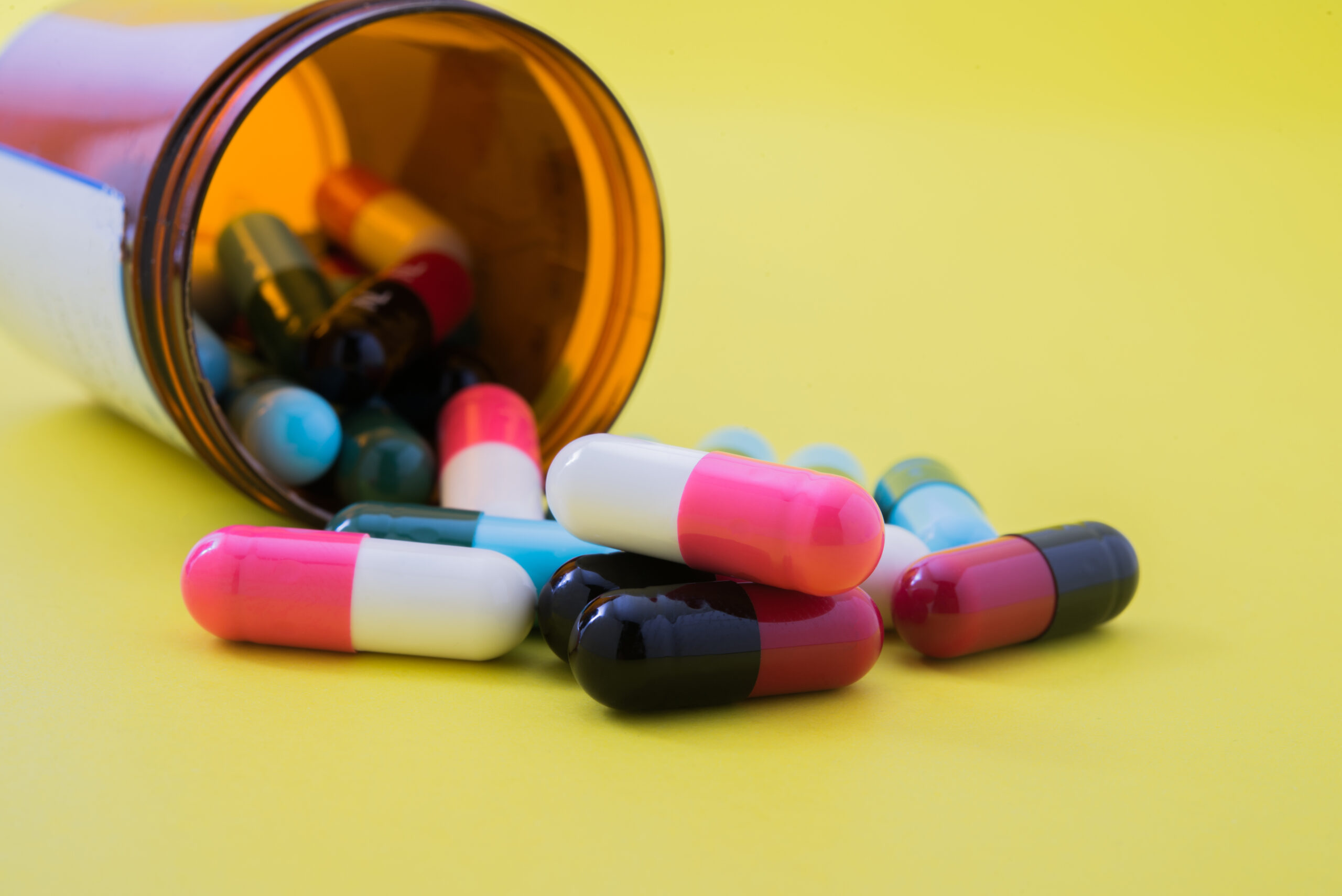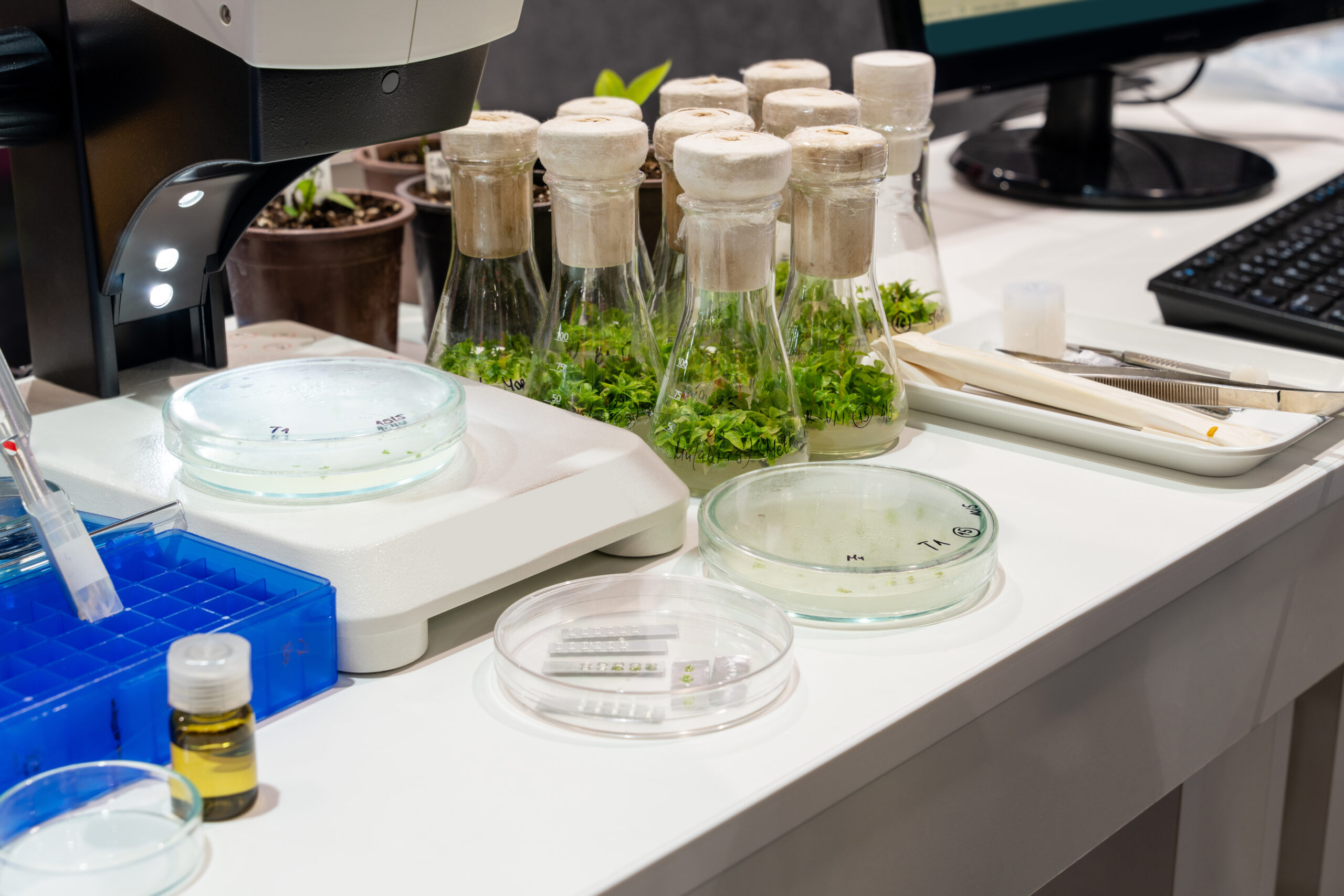A few years ago, while working with an Indian multinational pharmaceutical company, I had the opportunity to tour its subsidiary company in Europe. I learned that manufacturers acknowledge India as a strong supplier of affordable generic medicines and active pharmaceutical ingredients (APIs), which play a key role in reducing healthcare costs across Europe.
Indian pharma companies are seen as efficient and cost-competitive manufacturing partners, helping European companies reduce production costs through outsourcing and contract manufacturing.
India is often called the “pharmacy of the world” because it supplies a large share of generic medicines to many countries, especially in developing regions like Africa and Latin America
India holds a leading position in the global generic medicine production industry. It is the largest provider of generic medicines worldwide, supplying over 20% of global generic drugs by volume. India is also the third-largest pharmaceutical market by volume and plays a crucial role in making affordable medicines accessible to millions across the globe.
Indian pharmaceutical companies are known for their large-scale manufacturing capacity, high-quality standards, and cost-effective production, which have helped India become a major hub for generic drug exports.
Generic drugs are medicines that have the same active ingredients, strength, dosage form, and effectiveness as brand-name drugs but are usually sold at lower prices. They are approved by regulatory authorities once the patent on the original brand-name drug expires, allowing other manufacturers to produce and sell these equivalent versions. Generic drugs help make healthcare more affordable and accessible.
Ranbaxy Laboratories, once one of India’s largest pharmaceutical companies, made its name by producing high-quality generic medicines. After the patents on many brand-name drugs expired, Ranbaxy developed and manufactured equivalent generic versions, offering them at much lower prices. This helped increase access to important medicines for patients both in India and around the world.
For instance, Ranbaxy produced generic versions of popular drugs like atorvastatin (used to lower cholesterol), which was originally sold under the brand name Lipitor. By making these generics affordable, Ranbaxy contributed to the reputation of India as the “pharmacy of the world.”
What are the key factors driving India’s rise as a growing power in the pharmaceutical industry? Let’s explore.

India’s pharma success isn’t accidental—it’s the result of strategic policy, strong science, and sustained commitment.
Policy transformations
In 1970, India passed a special patent law. It allowed companies to copy the process of making a medicine, but not the actual product. This meant Indian drugmakers could figure out new ways to make the same medicines and sell them at lower prices. This clever move helped India become a world leader in making cheap, high-quality generic drugs.
India Joins Global Rules in 2005:
By 2005, India had to follow new international rules under the WTO’s TRIPS agreement. It started giving patents for drug products too. Even then, the country had already built a strong generic medicine industry, and Indian companies began supplying affordable medicines all over the world.
Pharmaceutical manufacturing in India is much cheaper
Inexpensive Infrastructure and Running Costs:
Building factories and running them is much cheaper in India. Things like electricity, water, land, and other basic needs for running a pharma company cost less here than in countries like the USA or Europe. This helps companies reduce overall expenses.
Easily Available Raw Materials:
India can get many of the raw materials needed to make medicines from within the country itself, especially bulk drugs (also called APIs – Active Pharmaceutical Ingredients). Because of this, companies don’t have to depend too much on other countries. This saves money and time.
Large-Scale Production Saves More Money:
Many Indian pharma companies make medicines in very large quantities. When you produce more at once, the cost of making each unit (like each tablet or bottle) becomes lower. This is called ‘economies of scale’. It helps Indian companies sell medicines at cheaper prices and still earn profit.
Government Support
Helpful Government Policies:
The Indian government has started many good programs to support the pharmaceutical industry. For example:
Pharma Vision 2020, A program launched by the Department of Pharmaceuticals. The objective was to make India a global leader in end-to-end drug manufacturing. This program focused on encouraging research, infrastructure, and quality manufacturing, and helped attract foreign investments and support Indian pharma exports.
The Central Drugs Standard Control Organization (CDSCO) has made approval processes faster and more transparent.
Make in India encourages companies to manufacture medicines in India instead of importing.
PLI (Production Linked Incentive) Scheme gives rewards to pharma companies that produce more and invest in innovation.
These policies help Indian pharma companies grow stronger and more competitive. Government offers tax benefits and grants for research and development in biotech and pharma.
Earlier, it used to take a lot of time to get approvals and clearances for making or selling medicines. But now, the government has made the rules simpler. With faster approvals and easier compliance, it’s now less stressful for companies to start and run pharma businesses in India.
India is building special places like Pharma Parks and SEZs (Special Economic Zones) with top-class facilities like clean water, good roads, electricity, labs, and transport links. These help pharma companies set up their factories faster and export medicines easily to other countries.
Capacity Building
Many FDA and WHO-Approved Factories:
India has more than 300 factories approved by the US FDA (Food and Drug Administration) – the highest number outside America. Many of these factories are also approved by WHO (World Health Organization). This shows that Indian factories follow strict international quality standards. Because of this, Indian medicines can be exported to strict markets like the USA and Europe.
Can Make All Types of Medicines:
Indian pharmaceutical companies are experts in making many different kinds of medicines. They make tablets, capsules, syrups, injections, vaccines, and even advanced medicines like biologics. This variety helps India supply medicines to countries with all types of health needs.
Making APIs and Medicines Together:
India is one of the few countries where companies make both the main ingredient (called API – Active Pharmaceutical Ingredient) and the final medicine (formulation) in the same country. This reduces the need to buy raw materials from other countries like China. It also saves money and ensures better control over quality and supply.
Innovation and Knowledge related developments
More Money Going into Research and Innovation:
Even though India is mainly known for making generic medicines (cheaper versions of branded drugs), companies are now putting more money into research and development (R&D). They are trying to discover new medicines, make biosimilars (affordable versions of complex biologic drugs), and create better ways to give medicines—like patches, inhalers, or slow-release tablets. This shows that Indian pharma is moving forward with innovation.
India’s Bright Future in Innovation:
With growing investment in research, better labs, and a skilled workforce, India is on its way to becoming a global leader in medical innovation. This will not only improve healthcare in India but also help people across the world get access to modern and affordable treatments.
India is a Good Place for Clinical Trials:
India has a large and diverse population, which helps in testing new medicines on different types of patients. Also, the cost of doing clinical trials (testing of medicines before they are approved) is much lower in India than in many other countries. This attracts big international pharma companies to come here and do their trials.
What are Biologics and Biosimilars?
Biologics are modern medicines made from living cells. They are used to treat serious diseases like cancer, diabetes, and autoimmune disorders. However, biologics are very expensive.
India is now focusing on making biosimilars, which are cheaper versions of biologic drugs but still very effective. This helps in making life-saving treatments affordable for more people, both in India and abroad.
Leading in Biotechnology and Biosimilars:
India is becoming a global leader in making biosimilars. These are affordable versions of expensive biologic medicines used for serious diseases like cancer and autoimmune disorders. By making biosimilars, India is helping people around the world get life-saving treatments at lower costs.
Moving Beyond Generic Medicines:
India is already famous for making generic medicines, which are affordable versions of branded drugs. Now, Indian pharmaceutical companies are going one step ahead by investing more in new and advanced areas like biologics, biosimilars, and personalized medicine.
Personalized Medicine – The Future of Healthcare:
Another exciting area is personalized medicine, where treatment is given based on a person’s genes, lifestyle, and health condition. Indian researchers and companies are slowly starting to invest in this future-ready approach, which can give better and more accurate results for patients.
India – A Global Leader in Generic Medicines and Vaccines
India’s Big Role in Generic Medicines:
India is one of the biggest suppliers of generic medicines in the world. Generic medicines are cheaper versions of branded drugs, but they work just as well. Indian companies make and export a huge number of these medicines to many countries. In fact, India supplies around 20% of the world’s generic medicines by volume – this means that 1 out of every 5 generic medicines used in the world comes from India.
A Major Supplier of Vaccines:
India also plays a very important role in keeping the world healthy by making and sending out vaccines. About 60% of the global demand for vaccines is fulfilled by Indian companies. This includes vaccines for children, as well as vaccines for diseases like flu, hepatitis, and even COVID-19. Companies like Serum Institute of India are well-known for making large quantities of vaccines at affordable prices.
Why India is Trusted Globally:
Indian medicines and vaccines are trusted because they are affordable, effective, and made in facilities that follow high international quality standards. This makes India a reliable partner for both poor and rich countries when it comes to healthcare.
Strong Human Resource Power availability
Skilled People at Lower Cost:
India has many well-educated and talented people like scientists, technicians, and pharmacists. They are good at their work, and they don’t charge as much salary as people in Western countries. This helps Indian companies save a lot of money in research and manufacturing of medicines.
Huge Number of Pharmacy Graduates Every Year:
Every year, lakhs of students in India complete their studies in pharmacy and related fields like biotechnology, chemistry, and life sciences. This gives the pharmaceutical industry a steady supply of skilled and educated workers—from lab technicians to pharmacists to research scientists. This large talent pool helps the industry grow and meet global demands.
Better Skills Through Collaboration and Training:
Many Indian pharma companies are working together with colleges and universities to provide practical training, internships, and research opportunities. These partnerships help students learn the latest technologies and methods used in the real industry. Because of this, young professionals are job-ready and can contribute more effectively in areas like drug development, manufacturing, and quality control.
Good English Communication Skills:
Most pharmacy education and scientific work in India is done in English, and many professionals speak and write English well. This makes it easy for Indian pharma companies to work with international clients, handle regulatory paperwork, and participate in global meetings and projects. Strong English skills are a big advantage for India in the global pharma market.
Enhancement in Quality and international Standards
Past Challenges with Quality:
Some years ago, India’s pharmaceutical industry had a few problems related to quality control and following international rules (regulations). A few factories were found not meeting the strict standards set by global authorities like the US FDA or European agencies. This affected the reputation of Indian medicines in some markets.
Serious Efforts to Improve:
But over time, Indian pharma companies and the government have taken these issues seriously. They started investing more in quality systems, hiring trained staff, and using advanced machines to make sure every medicine is made properly and safely.
Because of these continuous efforts, many Indian companies now have a strong track record of following international rules. Today, India has hundreds of plants approved by top global regulators, and Indian medicines are trusted in more than 200 countries.
India Working to Improve Medicine Quality and Global Standards
The Government of India is taking strong steps to improve its drug regulatory system, ensuring that all pharmaceutical companies follow the same rules and maintain good quality. They are also acting against companies that do not follow proper standards.
During recent meetings, these efforts were appreciated, and it was suggested that more resources and stronger systems are needed to match India’s fast-growing drug manufacturing capacity. India was encouraged to participate more in international organisations that set quality standards for medicines, like:
ICH (International Council for Harmonisation) – which makes scientific and technical rules.
PIC/S (Pharmaceutical Inspection Co-operation Scheme) – which focuses on improving inspection systems.
The U.S. FDA (Food and Drug Administration) has offered support to help India join and take part in these groups. This will help create uniform quality rules across countries, making inspections and approvals easier and faster.
India already has the largest number of FDA-approved drug manufacturing units outside the U.S., showing its important role in global medicine supply.
The Indian government and pharma industry have shown great interest in working closely with the FDA to ensure that medicines are safe, effective, and of high quality. This teamwork will also help build a strong, reliable, and affordable global supply of generic medicines, which will benefit people around the world.
Vaccine Manufacturing superpower
India’s Big Role During COVID-19:
During the COVID-19 pandemic, India proved to the world that it is a vaccine manufacturing giant. Indian companies like Serum Institute of India and Bharat Biotech played a major role in fighting the virus by producing huge quantities of vaccines in a short time.
Made Covishield and Covaxin:
India developed and produced important vaccines such as Covishield (made by Serum Institute in partnership with AstraZeneca and Oxford University) and Covaxin (developed by Bharat Biotech in collaboration with ICMR). These vaccines were given to millions of people in India and were also exported to many countries around the world.
Helping the World with Affordable Vaccines:
Many poorer countries could not afford expensive vaccines from Western nations. India stepped in and supplied affordable and effective vaccines to these countries under programs like Vaccine Maitri. Because of this, India was seen as a trusted and responsible global partner.
Top Position in Global Vaccine Supply:
Even before COVID-19, India was already supplying more than 60% of the world’s regular vaccines (like for polio, measles, etc.). The COVID response further strengthened India’s position as a global hub for vaccine manufacturing.





